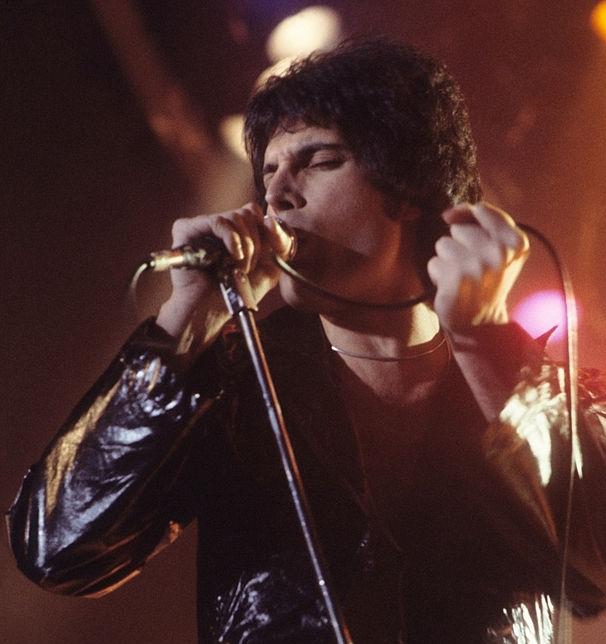Hosts:
Fraser Cain (universetoday.com / @fcain)
Dr. Paul M. Sutter (pmsutter.com / @PaulMattSutter)
Dr. Kimberly Cartier (KimberlyCartier.org / @AstroKimCartier )
Dr. Morgan Rehnberg (MorganRehnberg.com / @MorganRehnberg & ChartYourWorld.org)
This week we are joined by David Eicher, co-author with Dr. Brian May of Mission Moon 3-D: A New Perspective on the Space Race. During David’s appearance, we will be giving away three copies of the book which is co-published with the MIT Press and the London Stereoscopic Association.
David Eicher is one of the most widely recognized astronomy enthusiasts in the world. He has been Editor in Chief of Astronomy magazine for the past thirty-five years. Eicher is the author or editor of 21 books on science and history. In 2014, he wrote and edited, along with Brian May and astronomer Garik Israelian, Starmus: 50 Years of Man in Space, and in 2016 edited the follow-up volume, Starmus: Discovering the Universe. In 1990, the International Astronomical Union named a minor planet, 3617 Eicher, for Eicher in recognition of his service to astronomy. He has spoken to and inspired many science and business groups around the world, including at Harvard University, the Starmus Festival and the American Museum of Natural History in New York. Dave was president of the Astronomy Foundation, the telescope industry and astronomy outreach group, from 2011–2017.
Announcements:
Want to support CosmoQuest? Here are specific ways you can help:
* Donate! (Streamlabs link) https://streamlabs.com/cosmoquestx
* Buy stuff from our Redbubble https://www.redbubble.com/people/cosmoquestx
* Volunteer for our Hangout-a-thon either to promote, provide a giveaway, or to come on as a guest https://goo.gl/forms/XSm1yi0PKOM166m12
* Help us find sponsors by sharing our program and fundraising efforts through your networks
* Become a Patreon of Astronomy Cast https://www.patreon.com/astronomycast
* Sponsor 365 Days of Astronomy http://bit.ly/sponsor365DoA
* A combination of the above!
If you would like to join the Weekly Space Hangout Crew, visit their site here and sign up. They’re a great team who can help you join our online discussions!
If you’d like to join Dr. Paul Sutter and Dr. Pamela Gay on their Cosmic Stories in the SouthWest Tour in August 2019, you can find the information at astrotours.co/southwest.
We record the Weekly Space Hangout every Wednesday at 5:00 pm Pacific / 8:00 pm Eastern. You can watch us live on Universe Today, or the Weekly Space Hangout YouTube page – Please subscribe!
The Weekly Space Hangout is a production of CosmoQuest.

